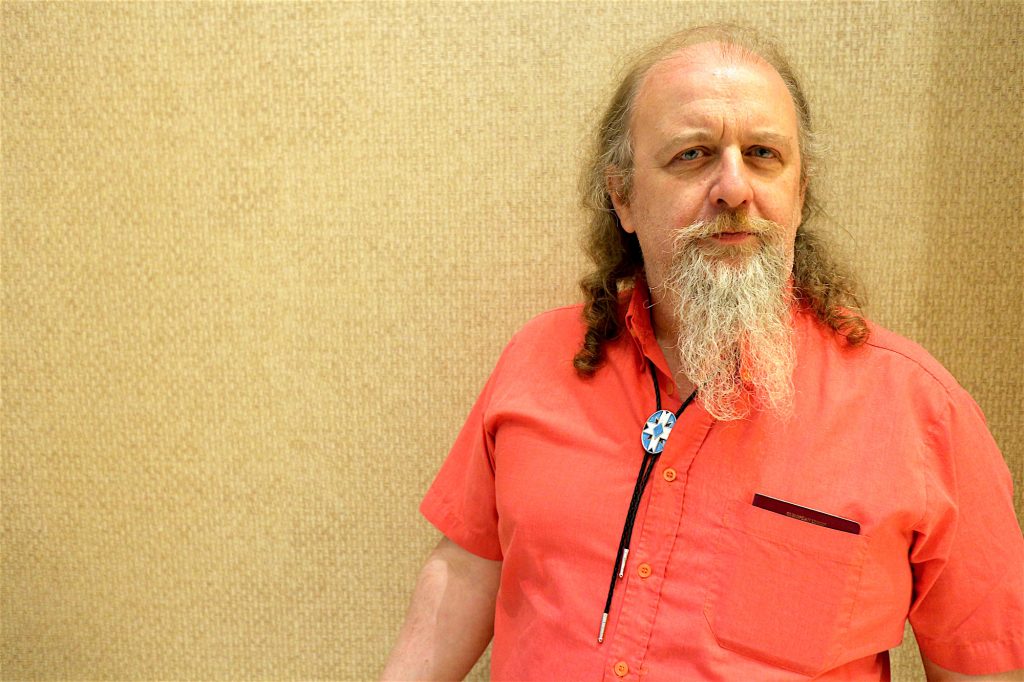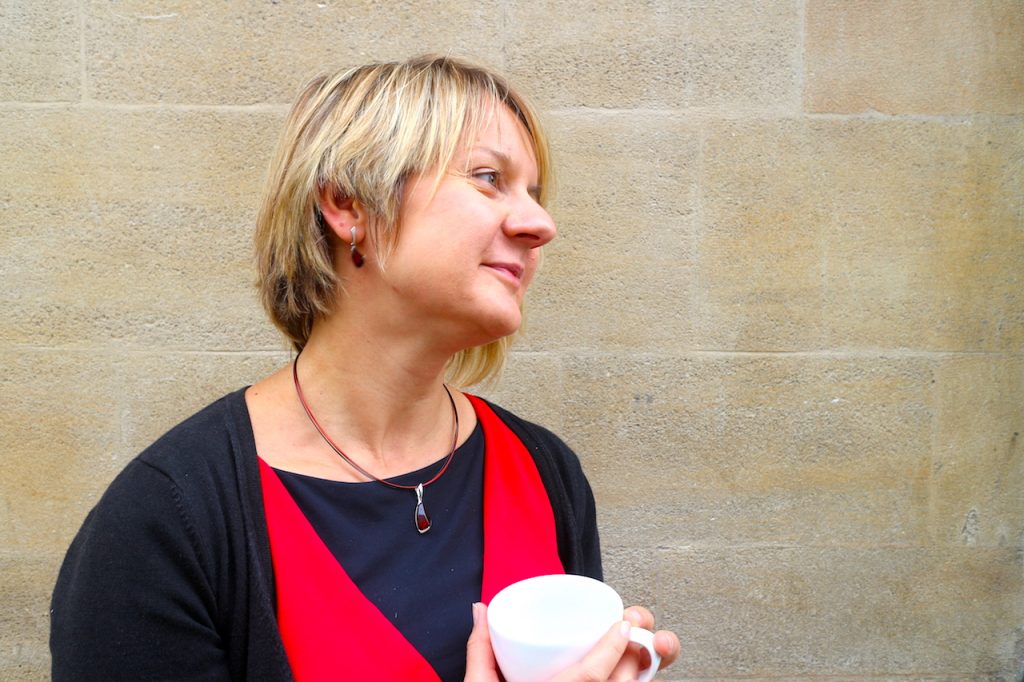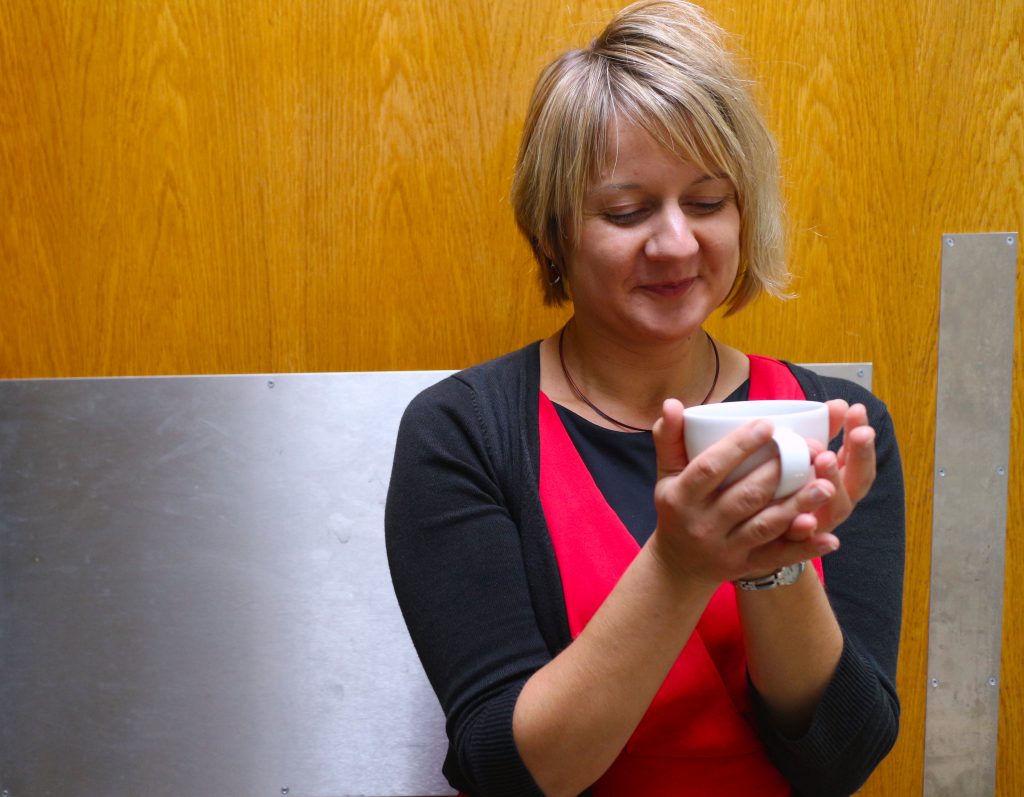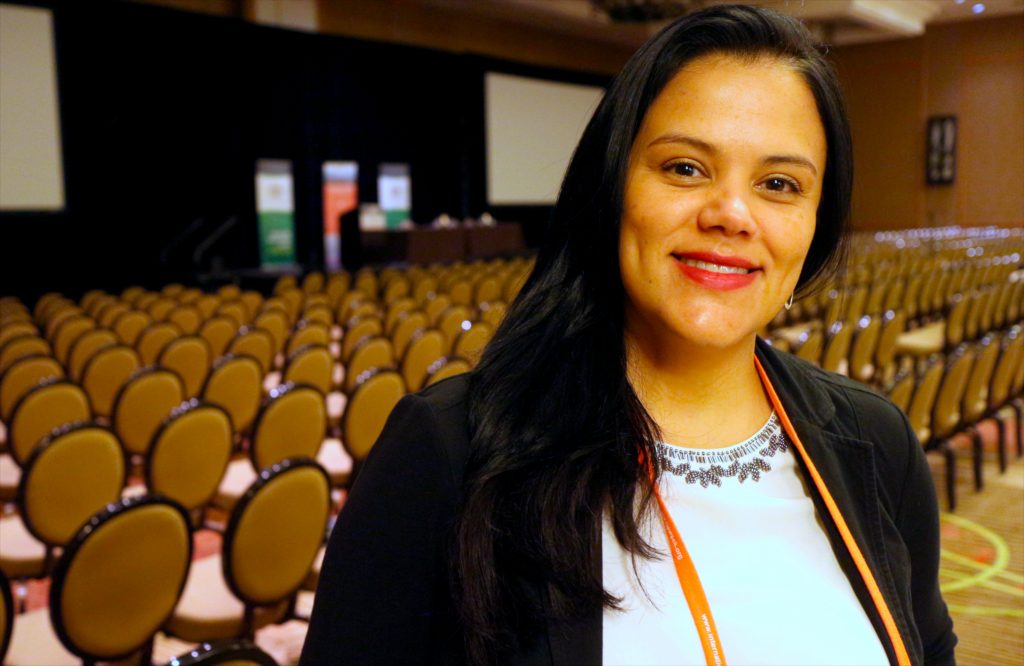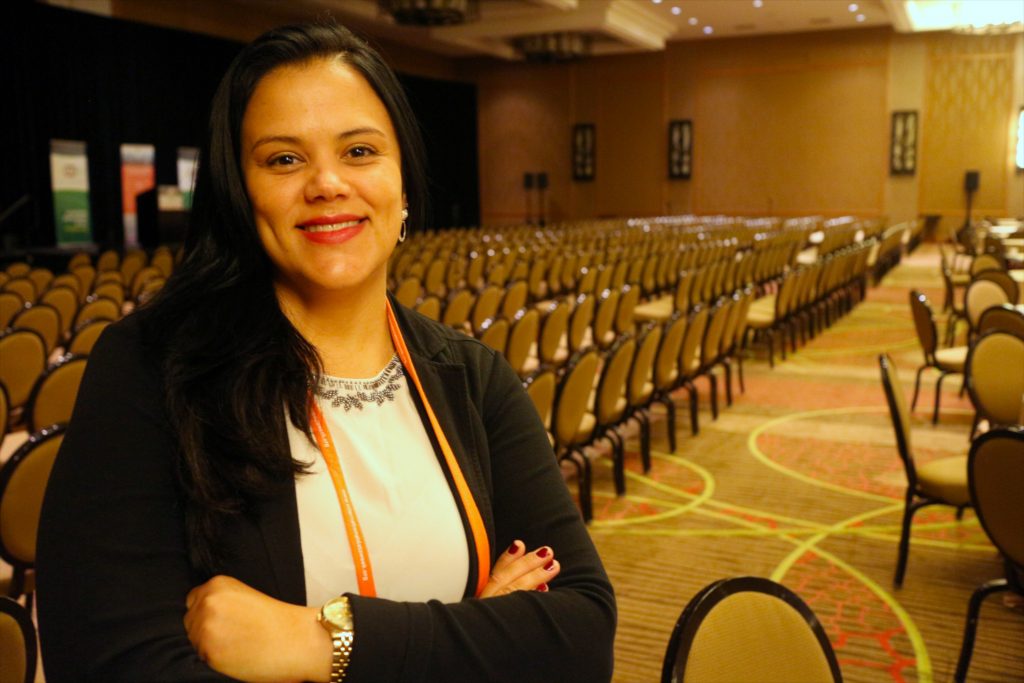“My first job after university, I was doing computer stuff in a medical research place. I got a reputation as someone who was good at rescuing things off of old tapes and punchcards. It had been expensive to collect that data, and people had sometimes suffered in providing it. But it was also a detective job and it was important. But it was disappointing (though great for me professionally) when years later, I could come back into the field, and the sense of what was wrong then was still there. We still lose data because it’s on some piece of media that someone neglects or we’ve lost the documentation. Or we lose it because nobody knows where it is. If we don’t know it exists someone goes and repeats the work.
Now being able to work with this community of other people is great, making sure that stuff that could be of value in the future gets kept – it matters in lots of ways. It matters because it saves us money, and that is important because it’s our taxes. And it matters because collectively as a society we’ll learn stuff from it: data can help prevent disasters, it can help improve crops, and many other important things in society.
This community is important to what I do every day. The only negative thing is that it gives you the sense of too many possibilities. And you think, ‘Yeah, I can help you do this thing’. And you don’t have time to do it all, which can be a crushing disappointment. But it’s so nice to learn a bunch of things, and it’s an embarrassment of riches – things you can go and do, people you can collaborate with. My job is often telling one group of people, ‘Hey, you should know about this other group’. If that helps someone to reach out and collaborate, I feel like I’ve done something positive.”

